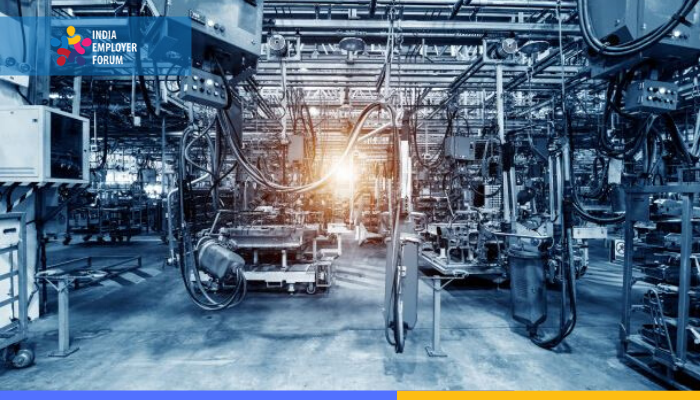The coronavirus outbreak that started in Wuhan China in December 2019 is causing widespread concern and economic hardship for consumers, businesses, and communities across the globe. Economic analysts have predicted that the global economy will experience a recession similar to that of the 2008 financial crisis. It is expected that the pandemic, which has infected over 3 million people and killed around 207,885 lacs, will lead to a contracting of the global economy by at least 0.5 percent. In these tough times corporations are looking at business opportunities to keep their companies afloat.
Although scientists are racing frantically towards finding a cure for acute pneumonia inducing viruses, experts say a cure will take at least 12 to 18 months taking into consideration the testing and approval process. Consequently, countries have implemented strict nationwide lockdowns to curb the spread and transmission of the virus. This has resulted in a bleak outlook on business opportunities in manufacturing especially considering the automobile industry where some of the most affected regions are major production hubs and home to key links in the sectors global supply chain.
You might also be interested to read: COVID-19: India Inc Embraces Work From Home
Coronavirus impact on automakers
After the World Health Organization (WHO) declared the coronavirus a pandemic in March, governments across the globe were prompted to minimize contact by enforcing COVID-19 lockdown. This automatically led to a reduction of business activities and, invariably, a loss of business outcome. Between March and now, the COVID-19 pandemic infection numbers have dropped in some countries like China, which has led to a re-opening of production plants by Honda and Toyota.
However, this cannot be said of other countries as only a few countries in Europe and North America have seen their worst days of the pandemic yet. This difference in the pattern of each country’s experience with the coronavirus pandemic has pushed the business resilience of the automobile industry to the very limit because the automobile industry is built around an integrated global supply chain that is used by Original Equipment and Tier-1 component manufacturers.
When it comes to sourcing for parts, automakers rely heavily on China. But the extended stoppages in China, coupled with the subsequent absence of an acceleration in production activities there, have left huge gaps that can not be filled by inventory. This complication with sourcing auto parts has led some major automakers to temporarily seek out plants in South Korea and Japan, while others are racing to find alternative sources of supply in Europe. However, not all parts can be easily sourced elsewhere and some automakers may have to wait out the crisis.
How automakers are looking for business opportunities
Typical business contingency plans help enable business continuity following “everyday” events like natural disasters or cyber incidents. However, these plans don’t cover situations like the nationwide lockdowns and widespread quarantines currently sweeping through the globe. According to Reuters, VW division SEAT’s Martorell plant is experiencing production and logistics problems related to the COVID-19 virus outbreak. The report noted that the 7,000 employees may see temporary layoffs. With production shutdowns taking effect, automotive companies need to remain focused and nimble to better navigate this crisis.
In fast-moving mass production industries like that of the automobile industry where production schedules are rigid and optimized for efficiency, automakers are looking to fast-track plans for agile manufacturing processes and supply chains as they prepare for a volatile demand environment after the COVID-19 global pandemic. Supply chains work on schedules decided months in advance based on demand projections, but carmakers are looking to redesign these systems to cater to an unpredictable demand environment.
Also, information technology firms that service automakers have received requests from companies looking to quickly transform into agile manufacturing processes and supply chains along with undertaking cost reduction initiatives. As a result, automakers are considering two initiatives: continuing the broken supply chain and making manufacturing more agile. Automakers are now shifting their focus from pure production performance to surviving in an environment of unpredictable change by reacting quickly to changing market conditions.
You might also be interested to read: Working From Home During Coronavirus Crisis – Measures To Ensure Productivity
References:
- Automakers announce work-from-home policies and production impacts as COVID-19 virus outbreak worsens in Spain, Italy, and US by Stephanie Brinley || March 16, 2020
- COVID-19 and plant closures: The automotive industry’s response to the pandemic
- Automakers across the US and Europe have declared temporary shutdowns, including Detroit’s Big Three, and many have extended shutdowns beyond their original dates by Sean Szymkowski || April 17, 2020
- Coronavirus disease 2019 (COVID-19) by World Health Organization || April 21, 2020
Related Topics:





